What Are Heavy Hex Bolts Used For?
Created at : Jun 11, 2025
Heavy hex bolts play a critical role in a wide range of industrial and structural applications. Distinguished by their larger and thicker hexagonal heads compared to standard hex bolts, heavy hex bolts are engineered to provide superior strength, durability, and load distribution. These qualities make them indispensable in high-demand environments where safety and performance are paramount.
Key Applications of Heavy Hex Bolts
1. Structural Steel Connections
One of the most common uses of heavy hex bolts is in structural steel construction. Whether it's erecting high-rise buildings, bridges, or communication towers, these bolts are essential for securing steel-to-steel joints. They are often manufactured to meet ASTM A325 or A490 specifications, which ensure high-strength performance in critical structural applications.
2. Heavy Equipment and Machinery Assembly
Heavy hex bolts are widely used in the assembly of large machinery and construction equipment. Their robust design allows them to handle substantial loads and resist vibrations, which is crucial for the safe and efficient operation of heavy-duty mechanical systems.
3. Piping System Flange Connections
In industries such as oil and gas, petrochemicals, and power generation, maintaining leak-proof and secure piping systems is vital. Heavy hex bolts are frequently used to connect flanged joints in high-pressure pipelines, providing the clamping force necessary to withstand extreme operating conditions.
4. High-Pressure and High-Temperature Environments
Thanks to their high-strength materials and corrosion-resistant finishes, heavy hex bolts are ideal for environments exposed to high pressure and temperature. Applications include power plants, chemical processing facilities, and industrial furnaces.
5. Anchoring Structural Elements
Heavy hex bolts also serve as anchor bolts embedded in concrete foundations to support structural columns, towers, and industrial machinery. Their strength ensures a secure connection between the structural component and its base, even under heavy loads or dynamic stresses.
Advantages Over Standard Hex Bolts
- Larger Bearing Surface: The increased head size allows for better load distribution and minimizes the risk of head pull-through.
- Enhanced Torque Handling: A larger wrenching area allows for greater torque application, improving clamping force and reliability.
- High Strength Grades: Typically produced to meet high-strength standards, making them suitable for critical structural and mechanical use.
- Code Compliance: Heavy hex bolts are required to meet rigorous building and engineering codes, particularly in structural steel and high-performance systems.
Common Specifications and Finishes
Heavy hex bolts are available in various grades and finishes to meet different environmental and mechanical requirements:
- ASTM A325 – Medium strength, commonly used in structural applications.
- ASTM A490 – High strength, ideal for demanding structural connections.
- Finishes – Black oxide, galvanized, zinc-plated, or weathering steel to ensure durability in corrosive environments.
Conclusion
Heavy hex bolts are more than just oversized fasteners—they are engineered components designed to meet the toughest challenges in structural and industrial environments. Whether you're building a skyscraper, assembling heavy machinery, or maintaining a high-pressure pipeline, heavy hex bolts provide the strength and reliability you need to get the job done right.
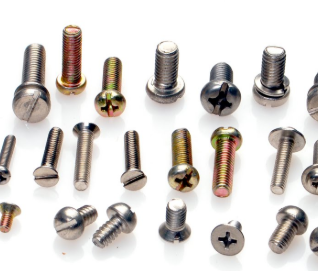 SCREWS
SCREWS
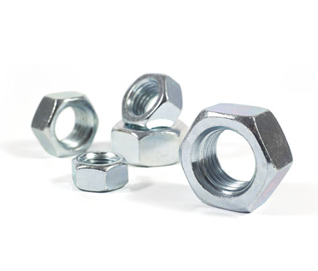 NUTS
NUTS
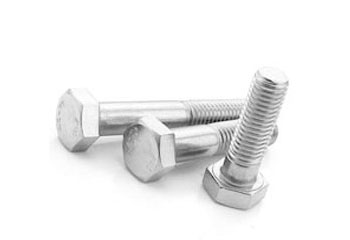 BOLTS
BOLTS
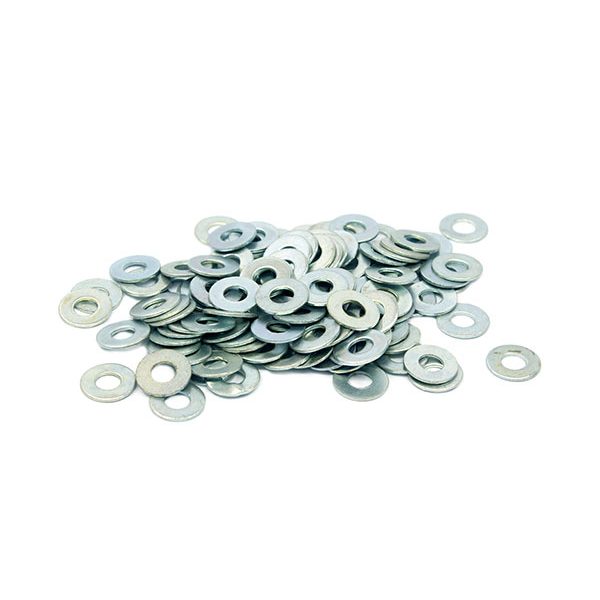 WASHERS
WASHERS
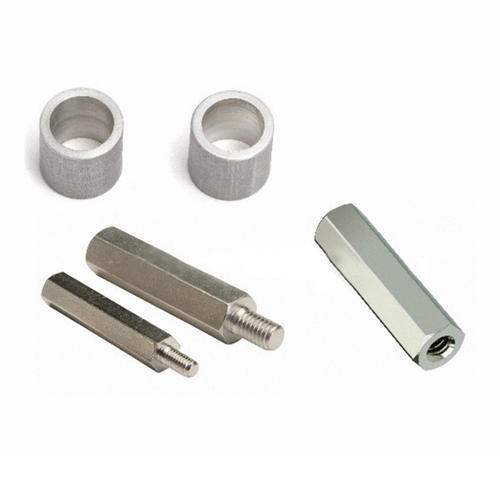 SPACERS & STANDOFFS
SPACERS & STANDOFFS
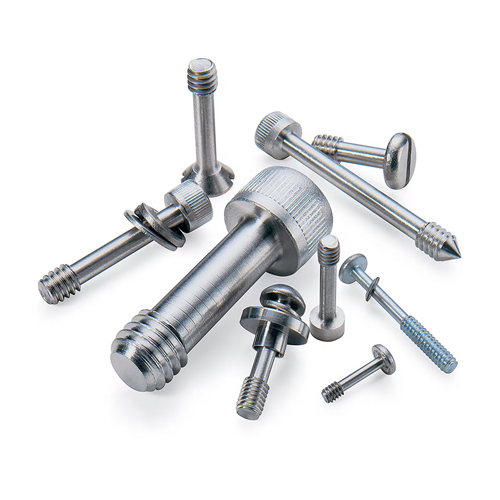 PRECISION/CUSTOM PARTS
PRECISION/CUSTOM PARTS
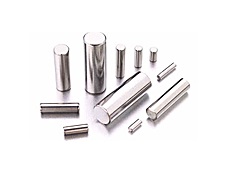 PINS
PINS
 WIRE HANDLING
WIRE HANDLING
 INSERTS
INSERTS
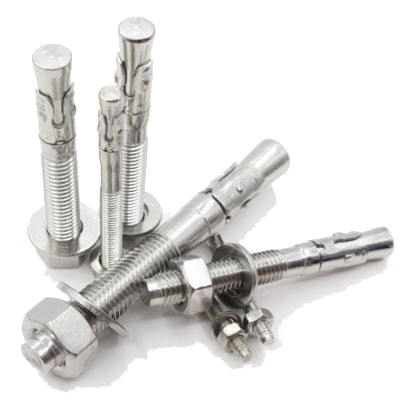 ANCHORS
ANCHORS
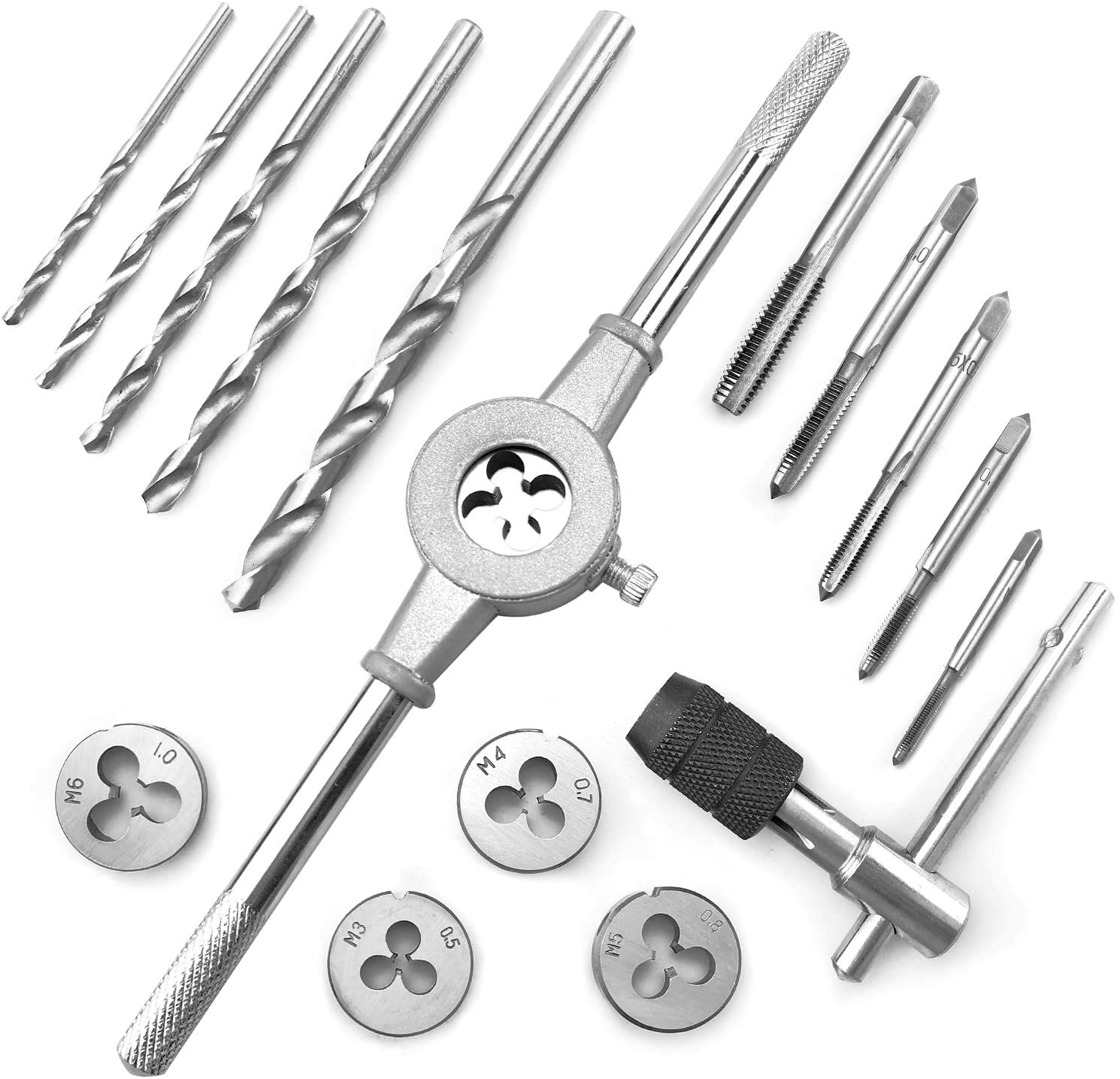 DRILL BITS, TAPS, & DIES
DRILL BITS, TAPS, & DIES
 ABRASIVES & SAWBLADES
ABRASIVES & SAWBLADES
 SAFETY EQUIP.
SAFETY EQUIP.
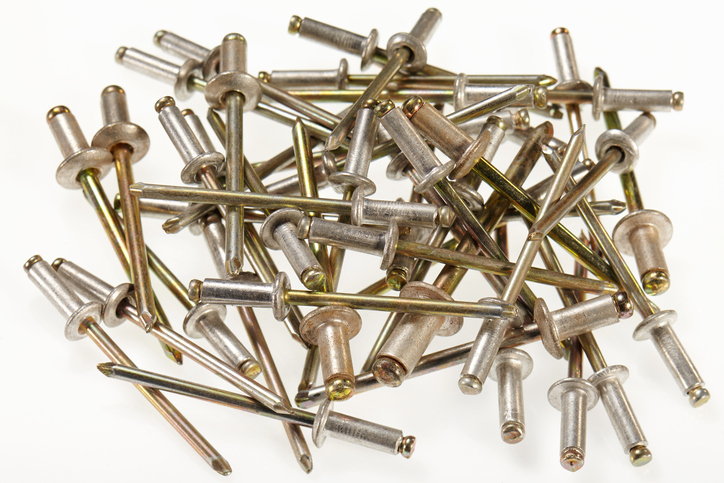 MISC.
MISC.
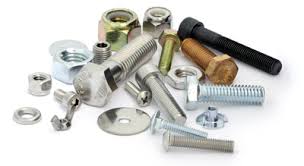 MATERIAL TYPES
MATERIAL TYPES
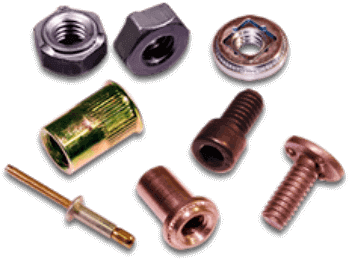 PLATING TYPES
PLATING TYPES